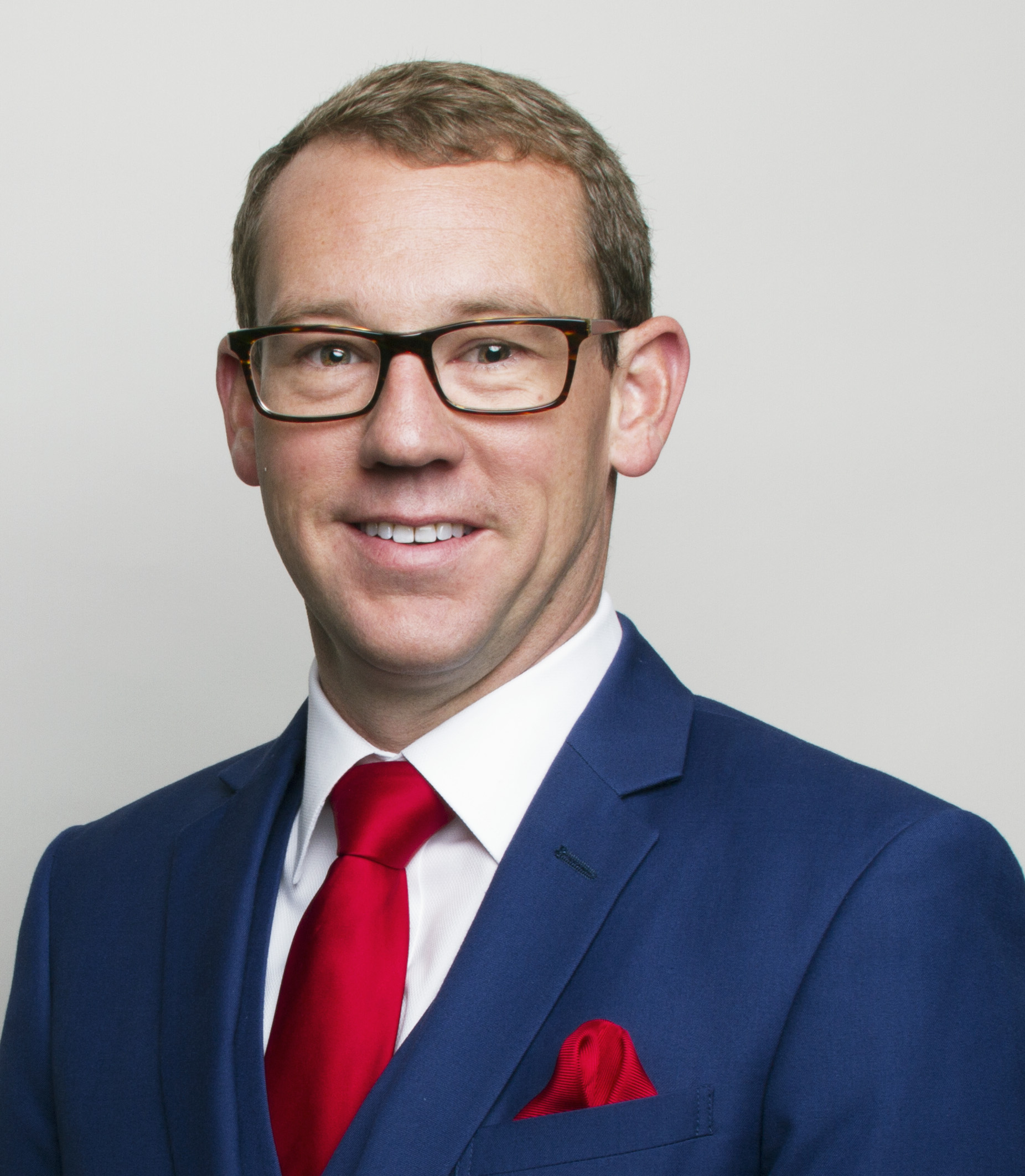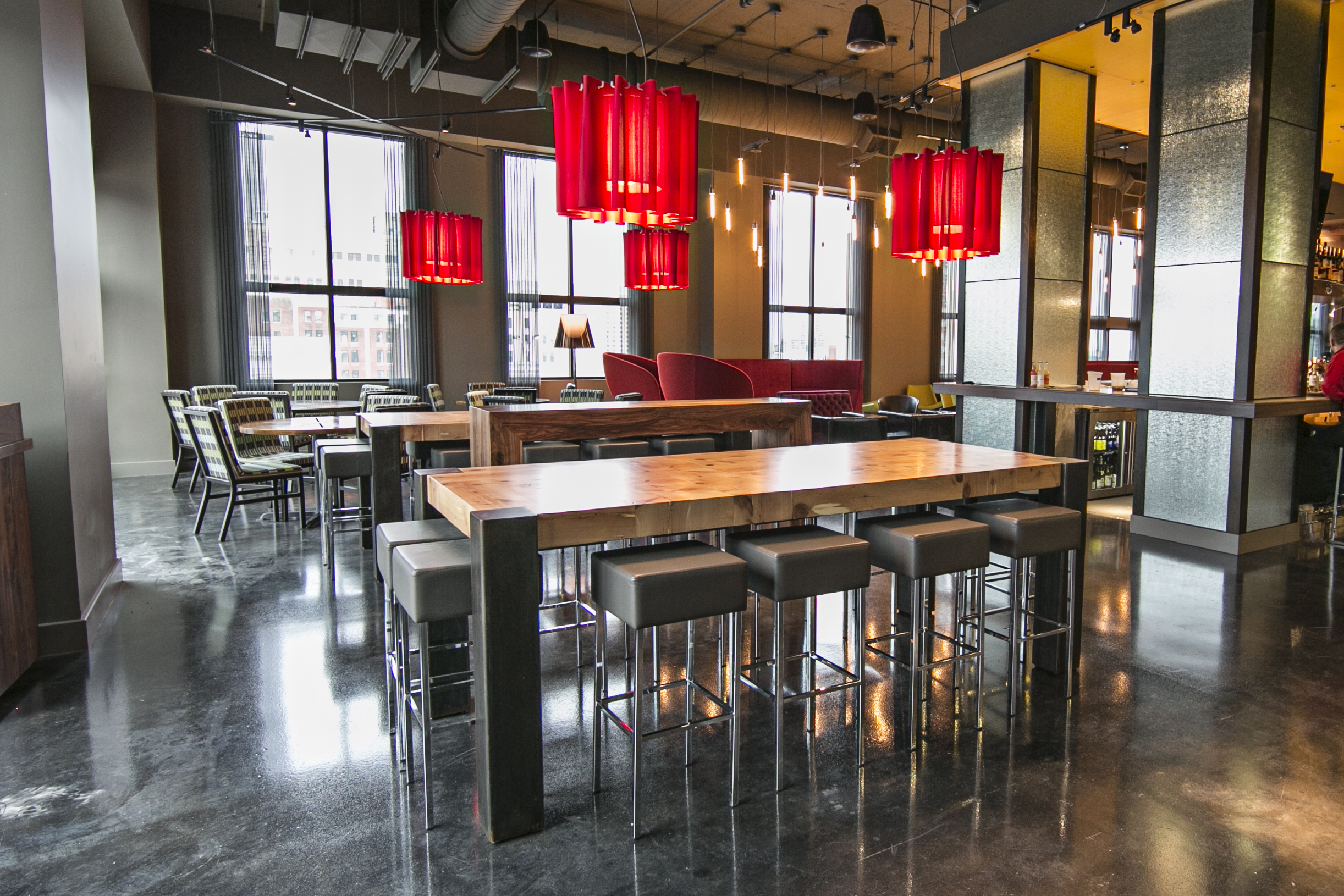No hotel operator wants to hear their property described as “cookie cutter,” but Justin Harkey said too many hotel restaurants are settling for just that. The corporate director of F&B for First Hospitality Group said hotel companies become too wrapped up in the small details surrounding the business, forgetting that travel can be fun.
“We want to wow our guests while returning profits to our stakeholders, but it doesn’t have to be boring,” Harkey said. “Food and beverage can be massively fun in hotels. If you add some personalization to the experience, the guest notices.”
Harkey joined FHG from Francesca’s Restaurant Group, where he thrived on the company’s entrepreneurial mentality. Francesca’s headquarters were located within a mile of FHG’s in Chicago, and following a meeting with FHG president and CEO Bob Habeeb, Harkey was convinced to jump on board. Impressed with the direction FHG was heading in the future, Harkey brought his entrepreneurial way of thinking to the hospitality space, which interested him because of the hotel industry’s focus on providing tangible and intangible goods at all times.

“Food is tangible. The service provided to guests, that is intangible,” Harkey said. “How we can ease the burden of guests a little through service, coupled with preparing meals—an activity we have shared as a civilization since the dawn of time—that intrigues me.”
The Next Course
Once on the hotel scene, Harkey saw an immediate opportunity in the way hotels were going about meals. He noted that many of the industry’s largest brands are in the process of or beginning to reboot their meal periods, specifically breakfast, something Harkey said he has experience with.
“It’s easy to look at bacon and eggs and say, ‘they’re perfect, let’s not mess with them,’ but the simplicity in that meal leads to a lot of complexities when it comes to getting right,” he said. “Folks are picky about what they are eating; oatmeal can’t be a plain porridge anymore, and the brands are responding.”
To Harkey, improving these meal periods has led to hours upon hours of comparing different food items and sources in order to find new efficiencies and improve quality. “We can spend hours comparing hardwood smoked versus applewood smoked bacon,” Harkey said. “Every facet of F&B has a way to chameleon itself into changing. That goes for the intangible aspects of this business as well, thinking on how to improve satisfaction scores with a brand. Every day is different. It’s why I love the job.”
One challenge Harkey is consumed with is trying to predict the future of F&B. Growing up in the 1980s, he saw the sudden proliferation of diet soda as a trend that came out of nowhere, but had everyone else wishing they had thought of it first.
“There are over 300 million people in the U.S., so what is their next focus in the F&B culinary space?” he said. “Newer generations want to know if there are chemicals in their food, if their food is a product of [genetically modified organisms] and more. How far can we take that as a society and as a business? We scaled up quickly on the health front, partly because it’s health as a whole and not strictly F&B, but it’s part and parcel in our space at this point and it’s a huge driving force when it comes to guest considerations.

Just Desserts
Harkey has made it his mission to make other hospitality F&B operators feel inspired about meals, and said he is most proud of seeing other professionals in the space take ownership of the F&B process. “I’m at the point where I love seeing the F&B director, executive chefs and GMs with larger F&B experience at properties just start smiling again,” he said. “When people push the boundaries of their own knowledge, that brings joy to me. I’m at a spot where I get to see that frequently, and the feeling hasn’t dulled at all.”
Harkey also said there are opportunities to be seen on the technology front with respect to back-of-house applications; while a number of tools are available, he said many still need a few more minutes in the oven. “I don’t think the right tech solutions have percolated down far enough yet in hotels,” he said. “Everyone and their brother has an inventory-management solution out there, but they are either overly bulky, too expensive or don't network with other aspects of the business where it is needed. The itch is there, but the tech isn’t.”
As for the future of hotel F&B, Harkey said the industry needs to be prepared for the health craze to stop being treated like a trend and emerge as a millennial zeitgeist.
“We’re getting ready to put calories on many of our menus,” Harkey said. “We as a society are still climbing that health incline, and it’s on track to become grander and more illustrated.”
